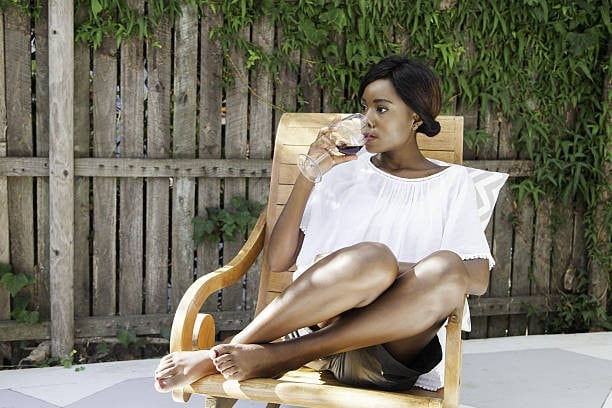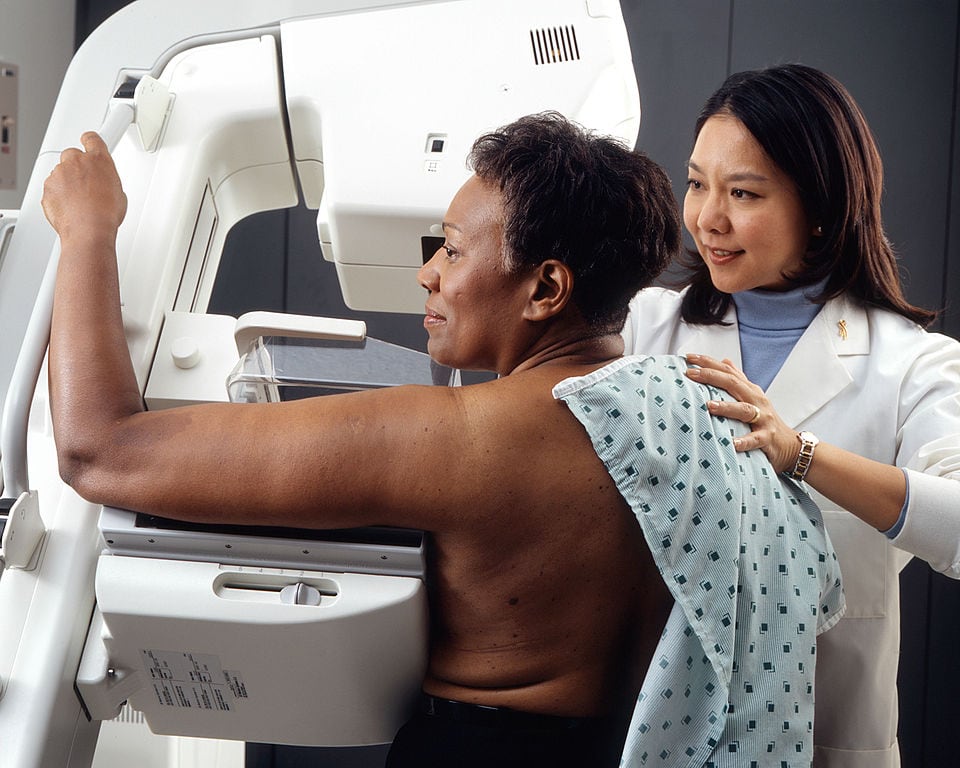Most large studies on the link between alcohol consumption and breast cancer risk have included primarily white women. Now, a new study of more than 20,000 black women, published in Cancer Epidemiology, Biomarkers & Prevention, found that black women are also affected by alcohol consumption when it comes to breast cancer risk. Of course, it was always a common sense assumption that our bodies would respond to alcohol in the same way, but we now have substantial evidence.
The study found that drinking more than seven drinks a week raises black women’s breast cancer risk.
“Alcohol is an important modifiable exposure, whereas many other risk factors are not,” said study author Melissa Troester in a journal news release. She’s director of the Center for Environmental Health and Susceptibility at the University of North Carolina’s Gillings School of Global Public Health.
Troester said that women who are concerned about their risk of breast cancer might want to consider drinking less if they’re currently drinking more than seven drinks a week.
For the new study, the researchers reviewed questionnaires completed by more than 22,000 black women on their alcohol intake, according to Healthday.
Overall, black women drink less alcohol than white women, the researchers said. But black women who had at least seven drinks each week were at greater risk for nearly all subtypes of breast cancer.
The women who consumed 14 or more alcoholic drinks on a weekly basis were 33 percent more likely to develop breast cancer than women who had four or fewer drinks a week, the study found.
But the study didn’t prove a cause-and-effect connection between breast cancer and alcohol, only a link.
There are other important risk factors for breast cancer. Troester said these include weight, reproductive history, birth control use and family history. Additional studies are needed to determine how each of these breast cancer risk factors affects each race, she said.
“Understanding the impact of these various risk factors could help narrow the disparity in breast cancer incidence and mortality,” Troester said.
Learn more about protecting yourself from breast cancer.








